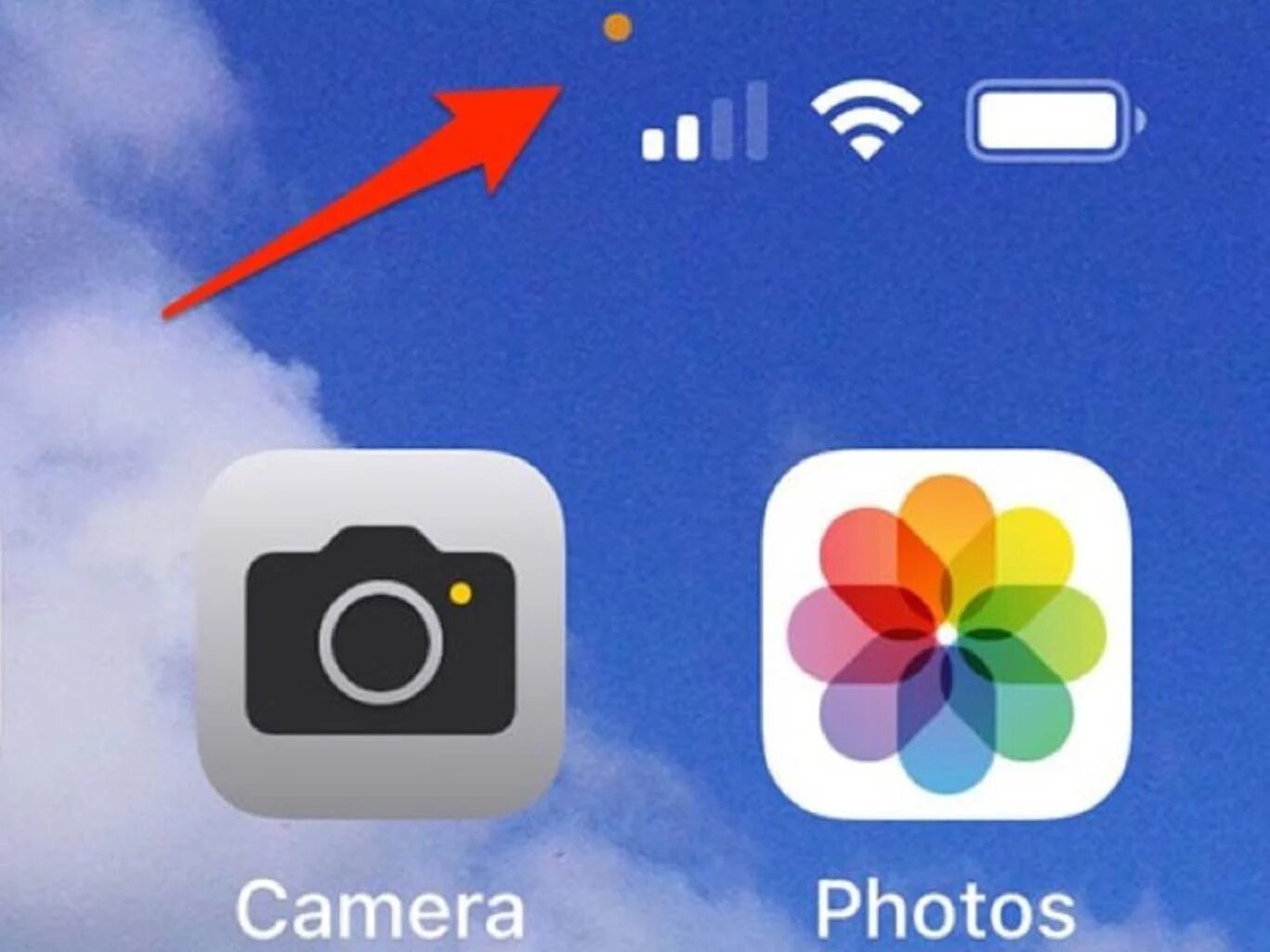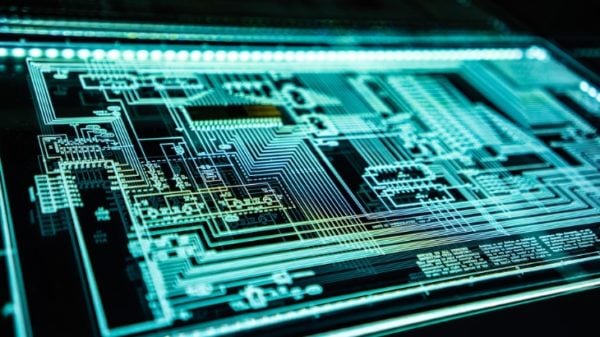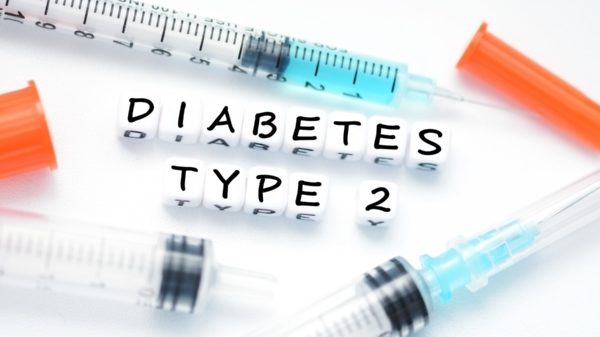With the introduction of smartphones and all the new devices, it’s easy to get overwhelmed. People can’t live without their phones and some unhealthy habits have developed because of it. That being said, there is also no privacy these days and you never know who could listen in on your calls.
It’s important to manage what we share on our devices and be aware that any app can track what we do daily. Whenever a new update comes out, there are so many features that we typically don’t read through all the additions.
With the iOS 14 software updated in 2020, the appearance of an orange dot above the network bar has raised some concerns and questions. Those who are not tech-savvy probably dismissed it as nothing. After all, what does it even mean?
<iframe width=”100%” height=”100%” frameborder=”0″ allowfullscreen=”true” src=”https://www.youtube.com/embed/03hNRP_SxPo?rel=0″></iframe>
The orange dot appears when an app is using your microphone, and you won’t know which one until you check. Beware of this feature!
The iOS 14 update featured many cool elements and changes, such as maps, focus assists, and widgets – this resulted in a more organized-looking and aesthetically pleasing screen. Additionally, the changes made to the Apple privacy settings provided more user transparency. A majority of these apps have access to a user’s microphone, photos, camera, contacts, and locations. People have unknowingly given access to these apps and didn’t even know what they were allowing.
So, how can you make sure you have control over what apps have access to your personal information? You can check by going into privacy settings to see what the apps are using. The update signifies to users what they’ve agreed to with existing apps on their devices.
Smart speakers are also devices that many people rely on. Apple Home Pods, Google Nest, and Amazon Echo use AI software such as Siri, Alexa, and Google. Wake words (“Hey, Siri,” or “Hey, Alexa”) activate these devices and wake them up. After they are woken up, they listen for instructions and follow them accordingly.
These personal assistants only respond with this wake word. The data is transmitted to a remote server, and then the response is quickly sent back to Alexa.
Unfortunately, there is a dark side to personal assistants (and technology, in general). Smart devices may listen in when they are not activated with the wake word, which is clearly concerning for users who feel that their privacy is being compromised.
The manufacturers of Amazon Echo and other smart assistants have reassured their customers that they are working to improve the wake word accuracy and update features to make their customers feel safer.
Sometimes, these devices can be fooled into activation and obtain data when the wake word was never said. It’s important to remember that we can empower ourselves through knowledge and continue to make choices that make us feel better about living in this world. We must take the necessary measures to take back our privacy, no matter how much we love and rely on our devices.


















